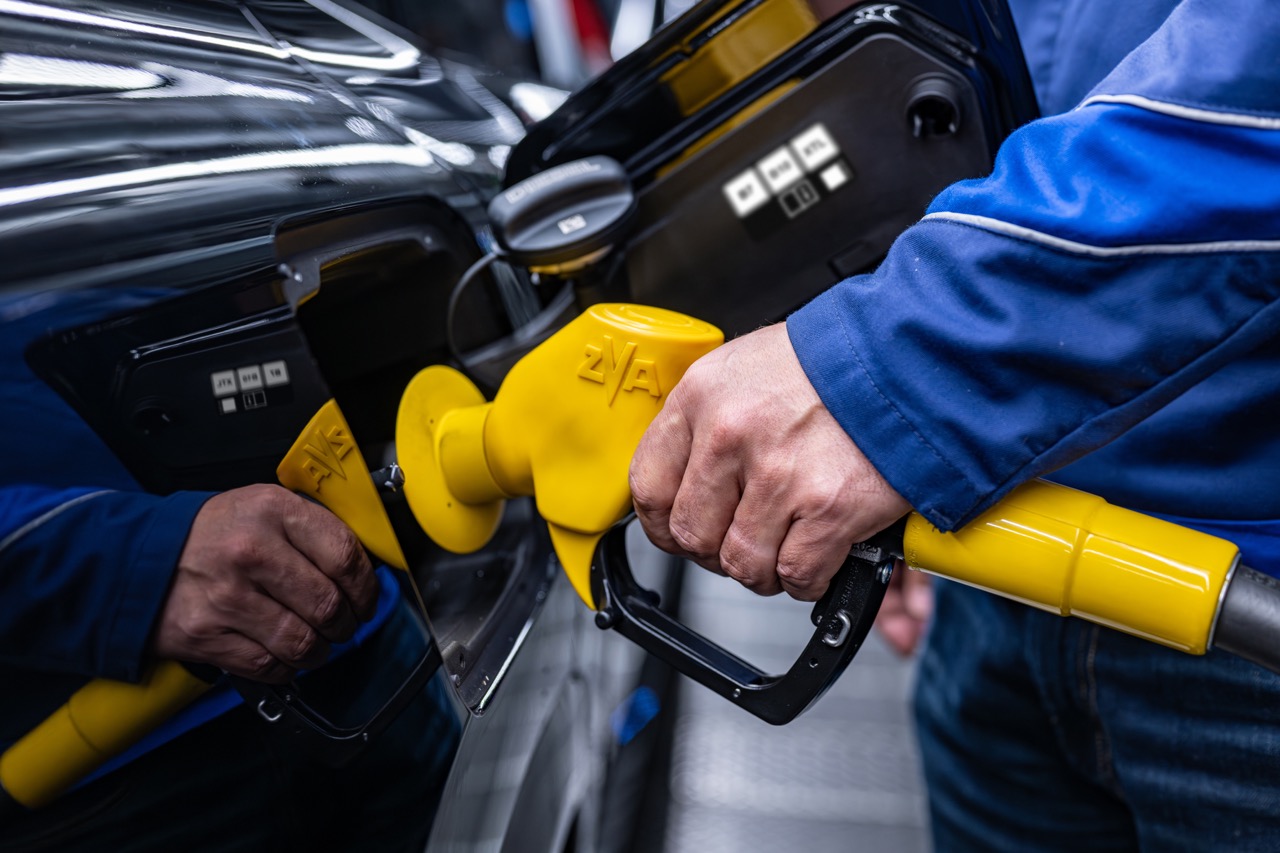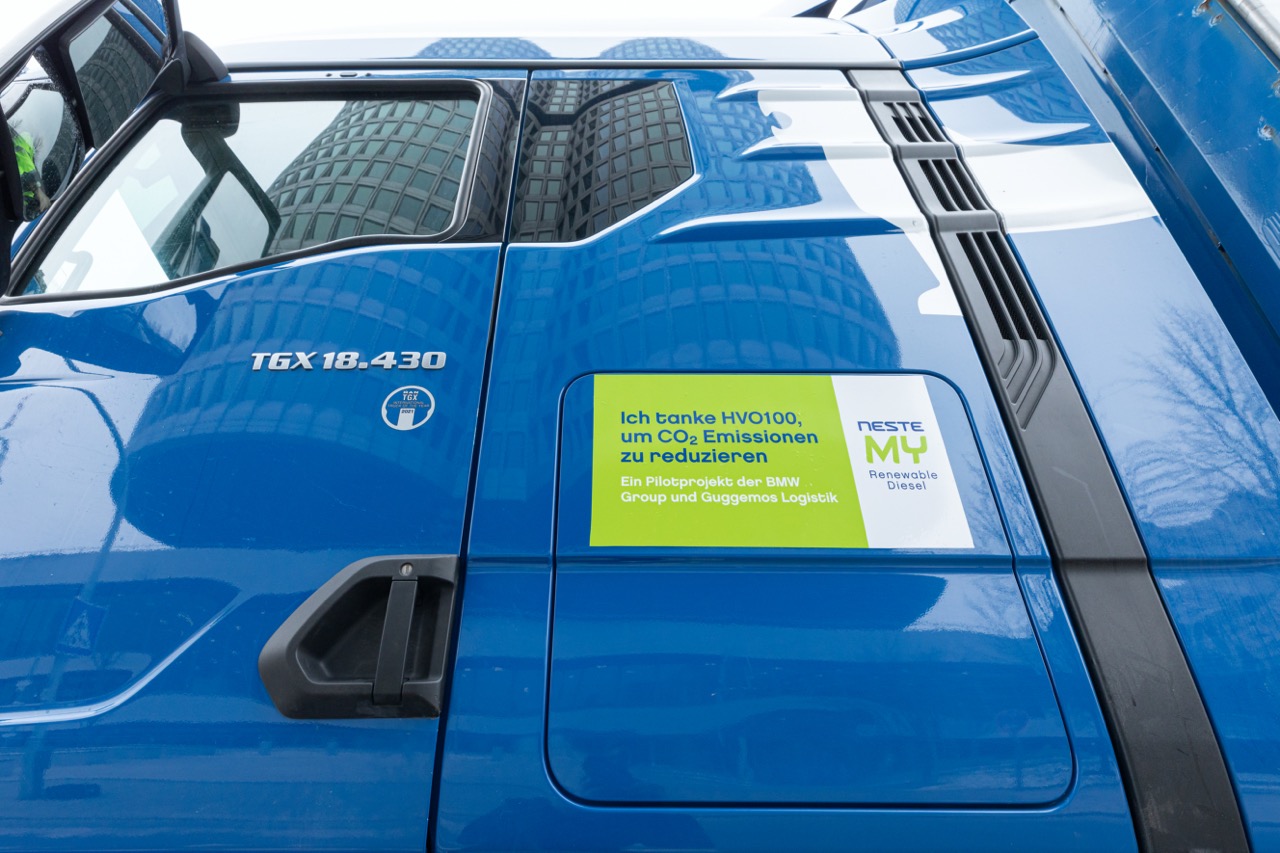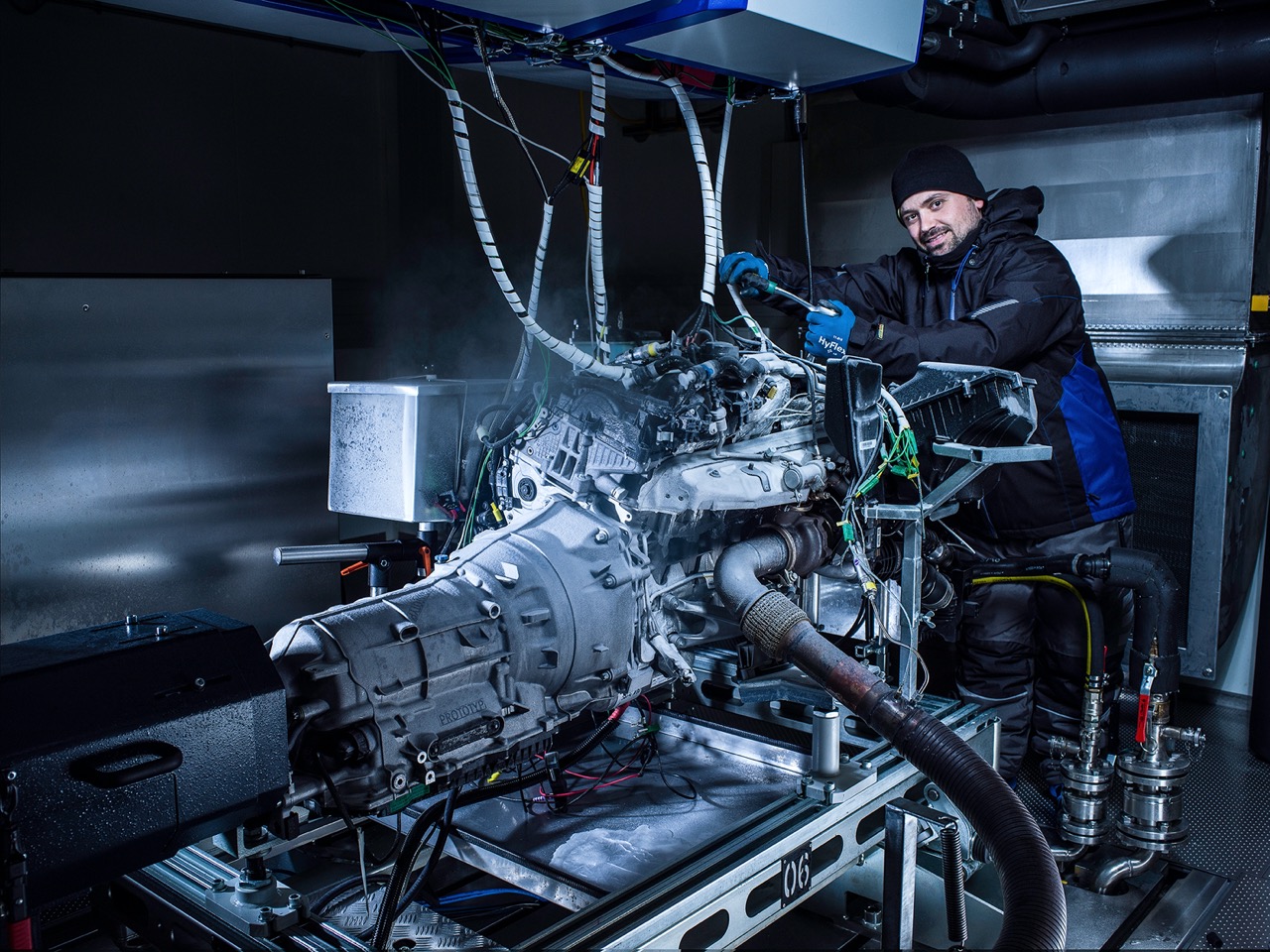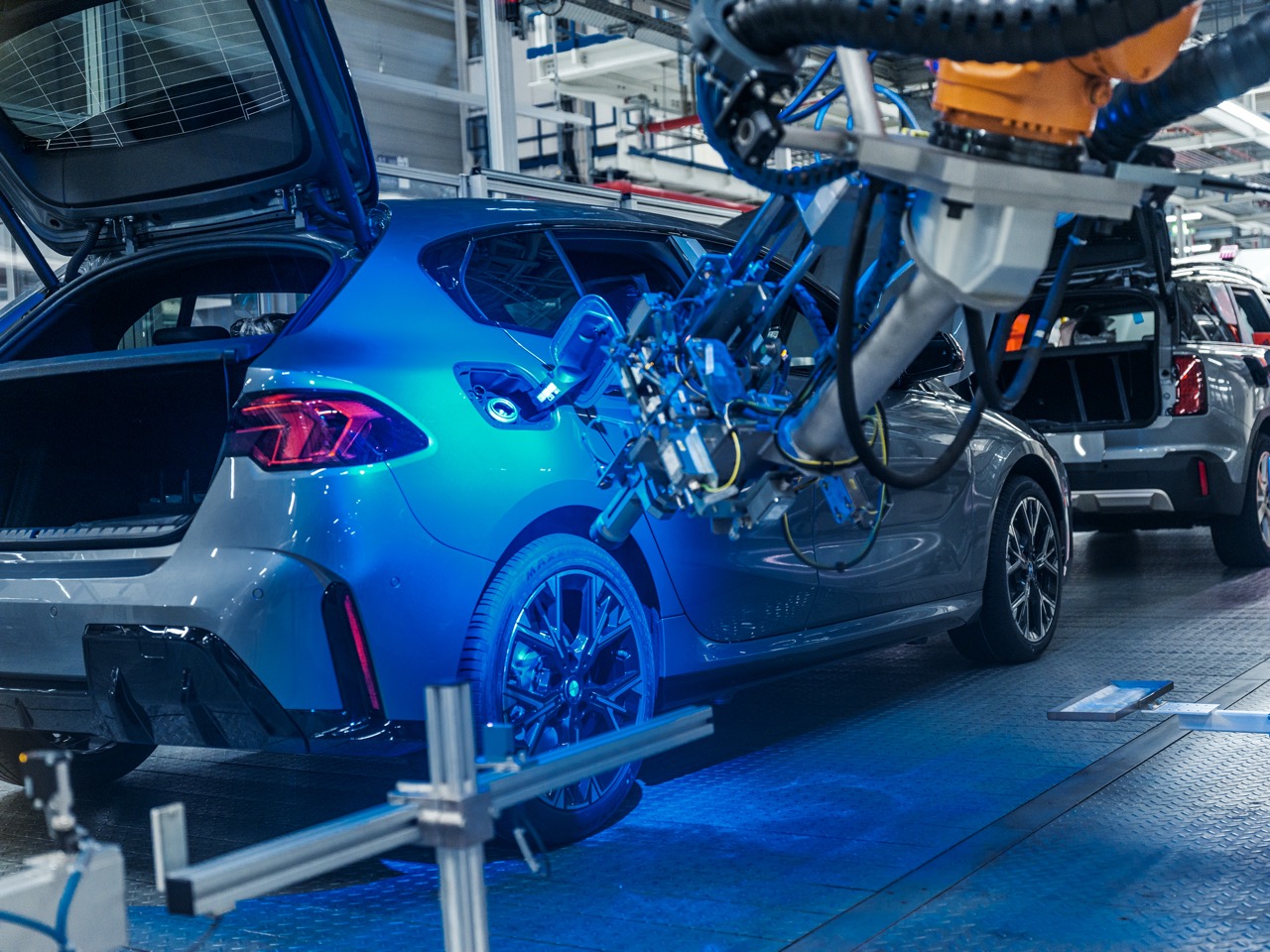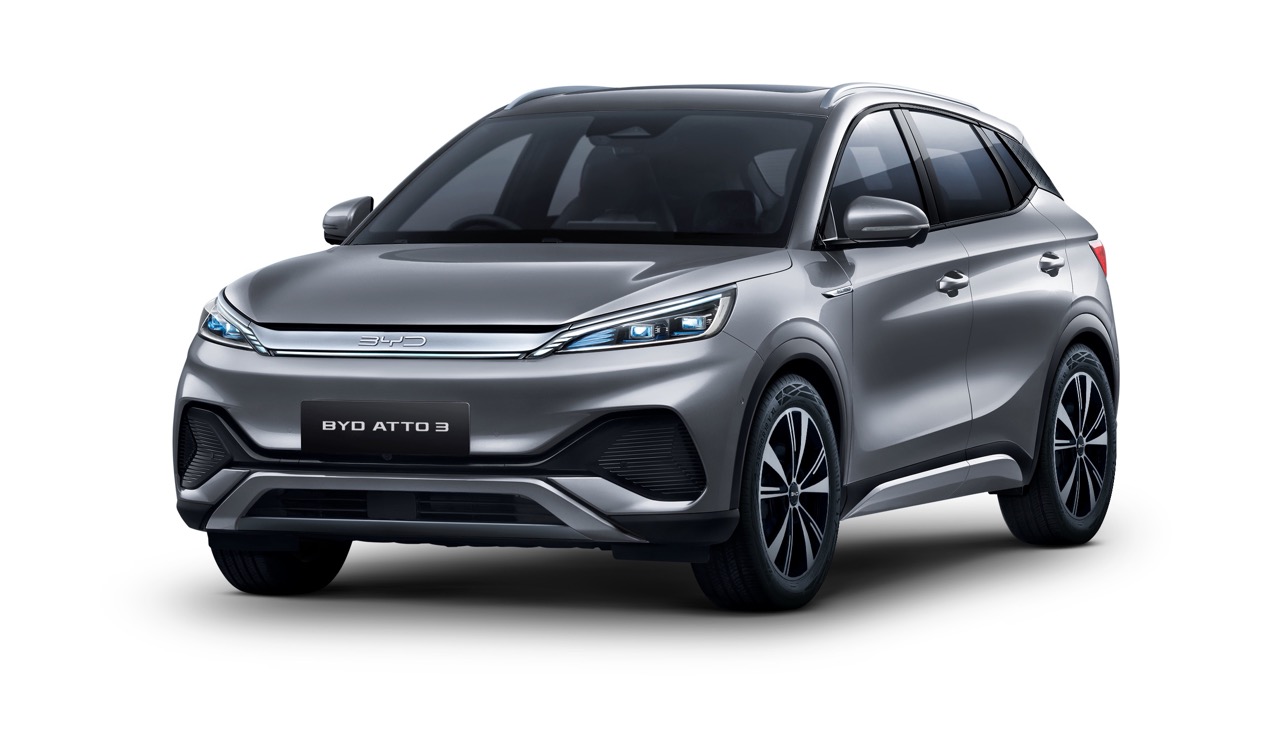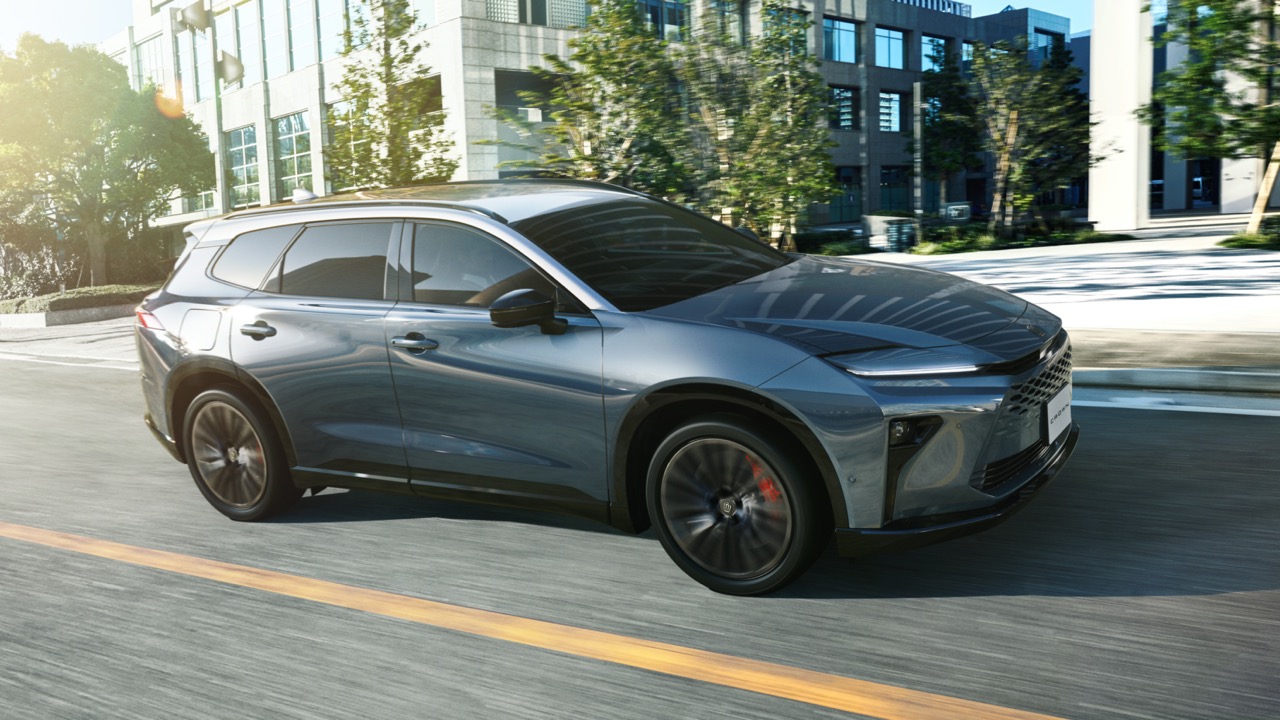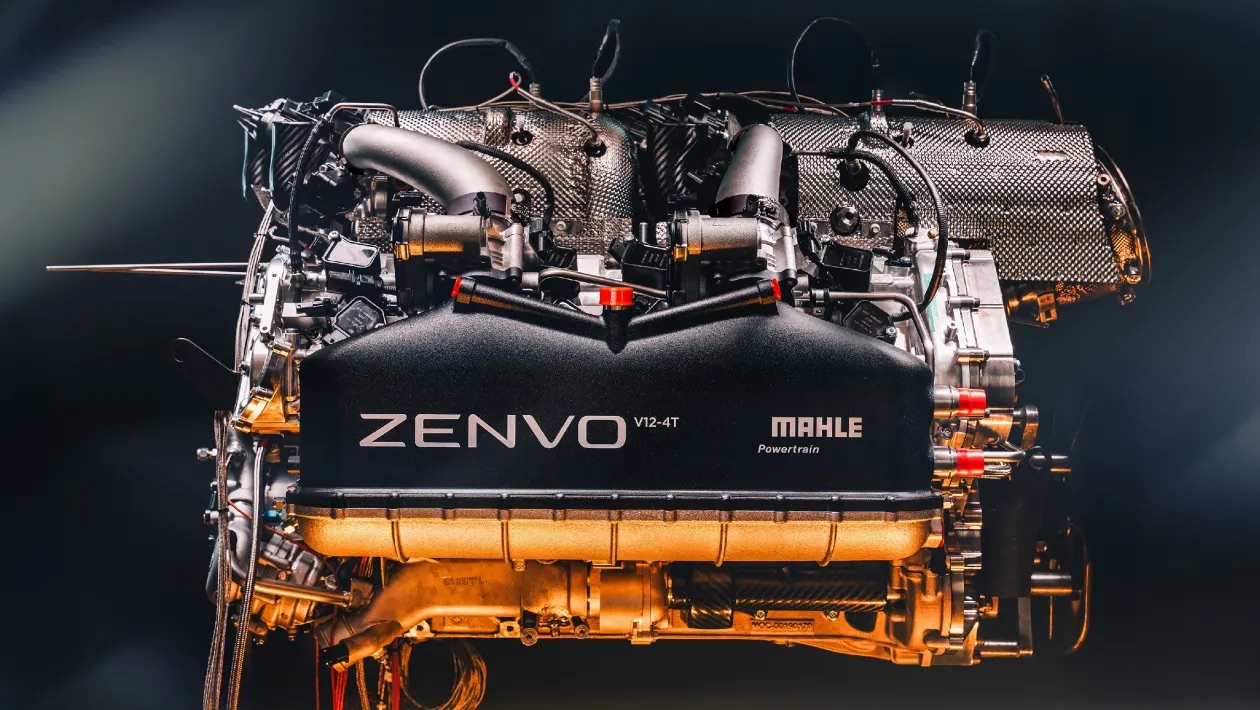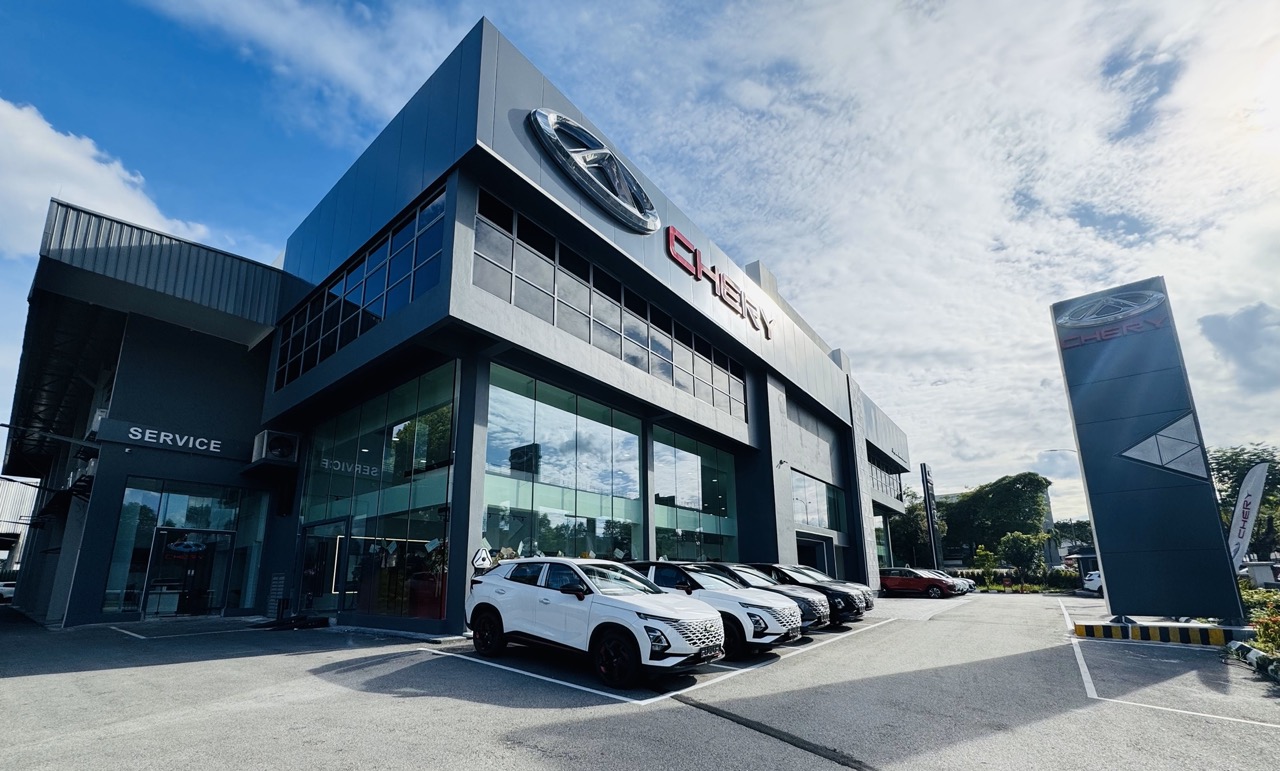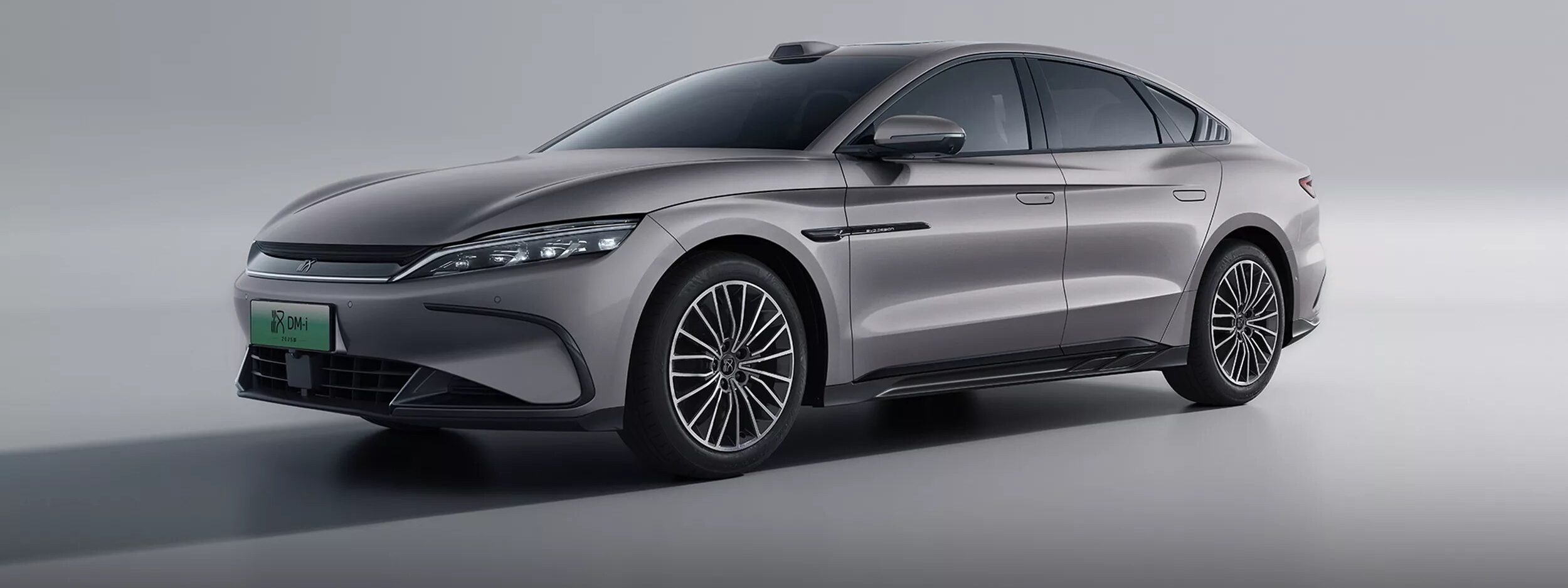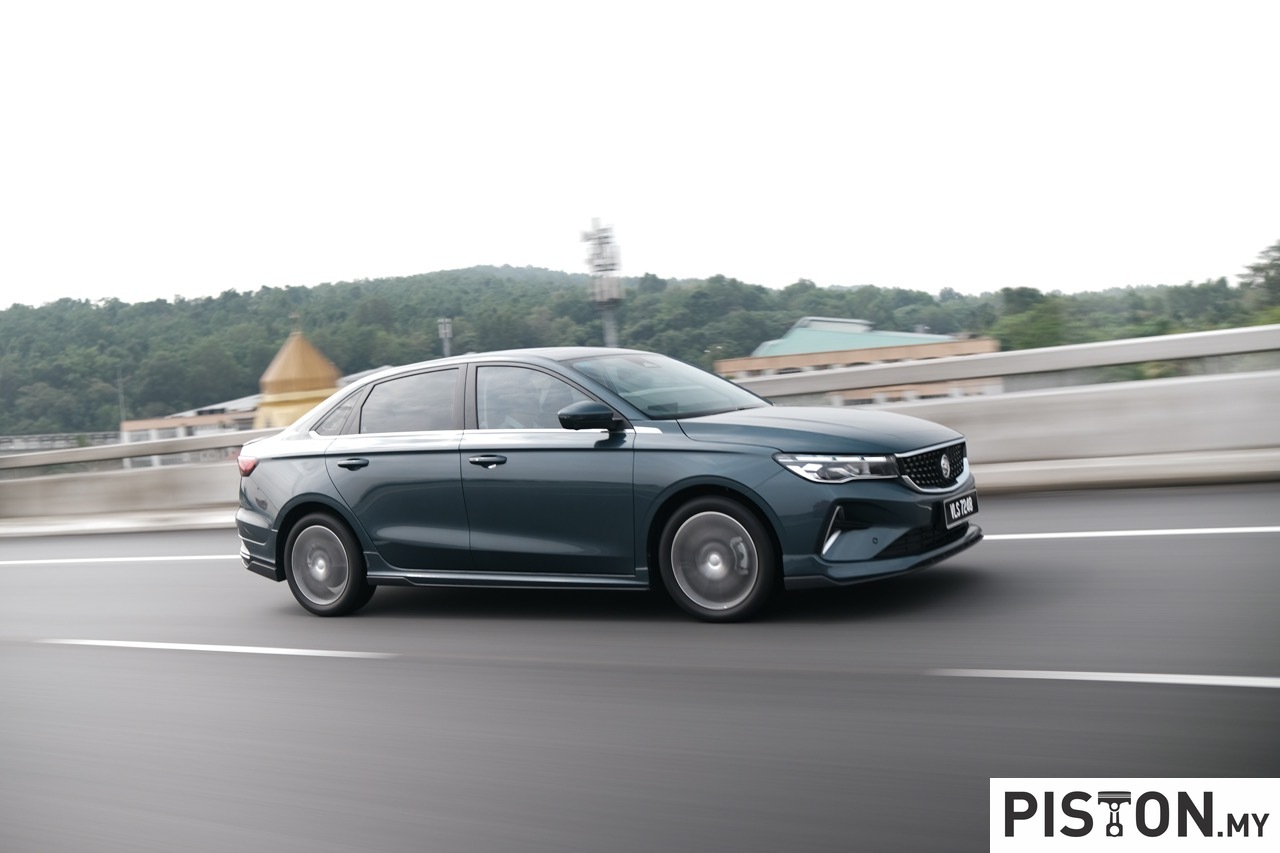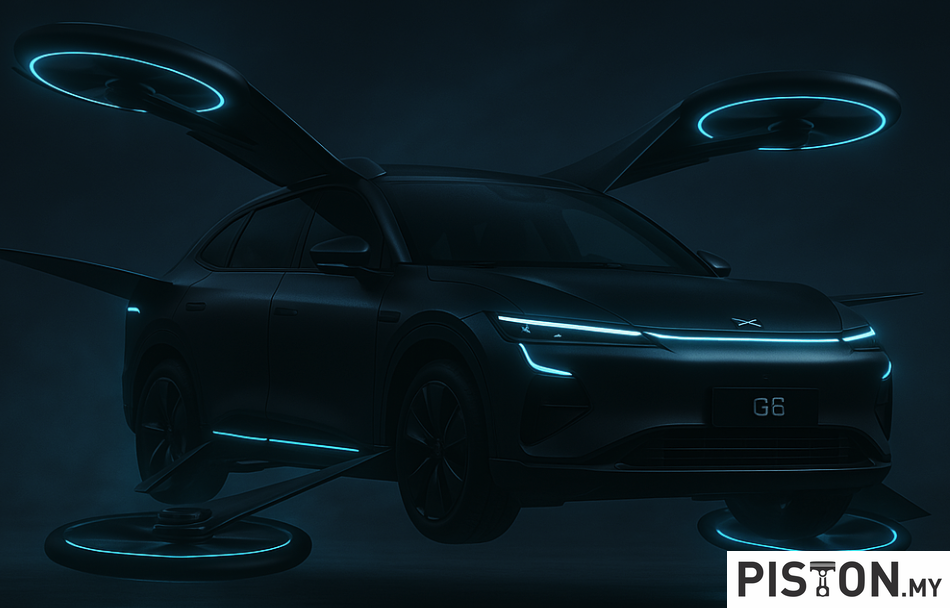In a pioneering move to enhance sustainability and reduce CO2 emissions, the BMW Group has announced a significant shift towards using hydrotreated vegetable oil (HVO 100) as a fuel for its diesel models produced in Germany. This initiative, set to begin in January 2025, underscores BMW’s commitment to cutting down its carbon footprint through innovative technology and renewable energy sources.
Green Transition with HVO 100
Starting from next year, all diesel vehicles rolling off BMW’s German production lines will be filled with HVO 100 before delivery. HVO 100, a high-quality diesel substitute, boasts up to 90% lower CO2 emissions compared to traditional fossil fuels. “When it comes to climate protection, every ton of CO2 saved counts,” stated Oliver Zipse, Chairman of the Board of Management at BMW AG.
Sustainable Fuel from Renewable Sources
HVO 100, specifically “Neste MY Renewable Diesel,” will be supplied to BMW’s plants in Munich, Dingolfing, Regensburg, and Leipzig, which collectively produce over half of BMW’s diesel vehicles. Manufactured by Finnish company Neste, this fuel is derived from waste materials such as cooking oils and other renewable resources, ensuring a significant reduction in greenhouse gases throughout its lifecycle.
Advantages of HVO 100
Unlike conventional biodiesel, HVO 100 is produced without palm oil and meets rigorous quality and sustainability standards. It offers superior technical benefits, including reduced CO2 emissions, improved cold start performance, and resistance to microbial contamination, making it a robust and cleaner alternative to fossil-based diesel.
Expanding Renewable Fuel Use
The introduction of HVO 100 at BMW’s production facilities is part of a broader strategy to promote renewable fuels. BMW is advocating for ambitious greenhouse gas reduction targets in the Renewable Energy Directive (RED III), aiming for at least a 30% reduction in real greenhouse gas emissions. This directive is expected to be implemented in national legislation by May 2025.
Collaborative Efforts
In collaboration with Neste, BMW continues to explore the potential of HVO 100, ensuring its diesel engines are compatible with this renewable fuel. Since March 2023, BMW has been successfully using HVO 100 in logistics trucks for factory operations, highlighting its practical application and effectiveness in reducing emissions.
A Sustainable Future
As a new member of the eFuel Alliance, BMW is committed to accelerating the adoption of renewable fuels across the automotive industry. This partnership aims to establish a supportive regulatory framework and encourage the broader use of renewable fuels, complementing BMW’s diverse technological approaches to achieving CO2 reductions.
Through these initiatives, BMW Group is taking definitive steps toward a sustainable future, demonstrating that innovative solutions like vegetable oil-based fuels can play a critical role in mitigating climate impact and promoting environmental stewardship.




